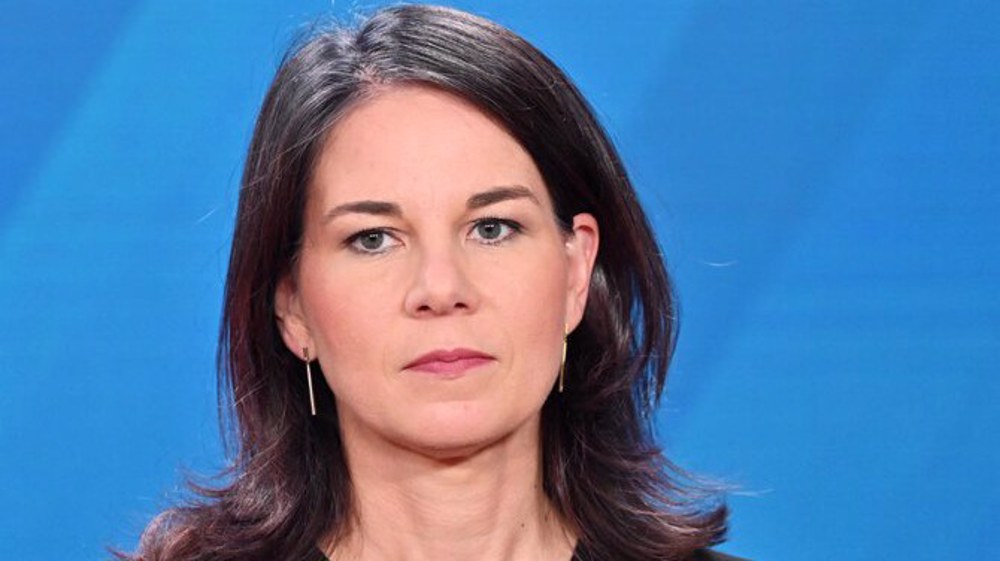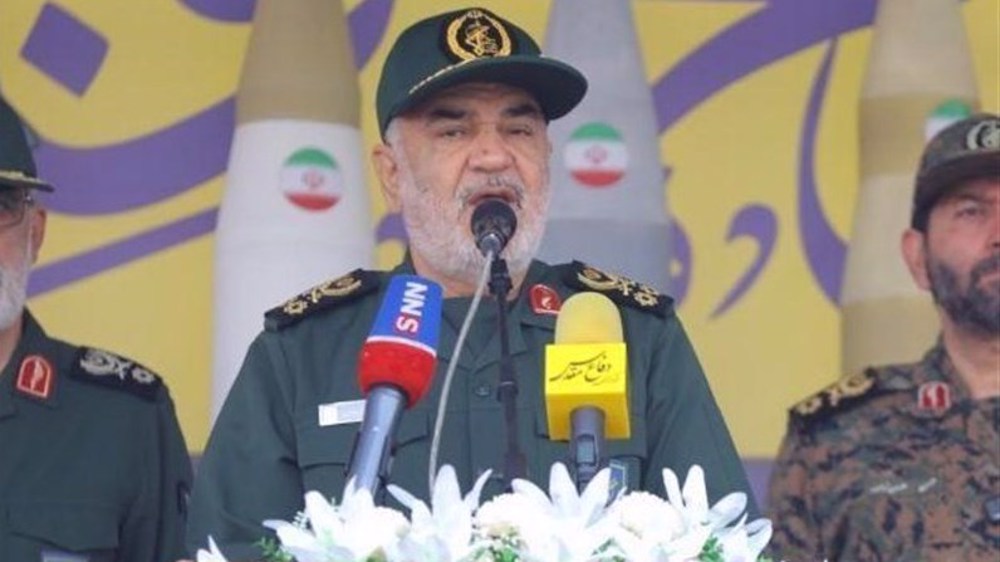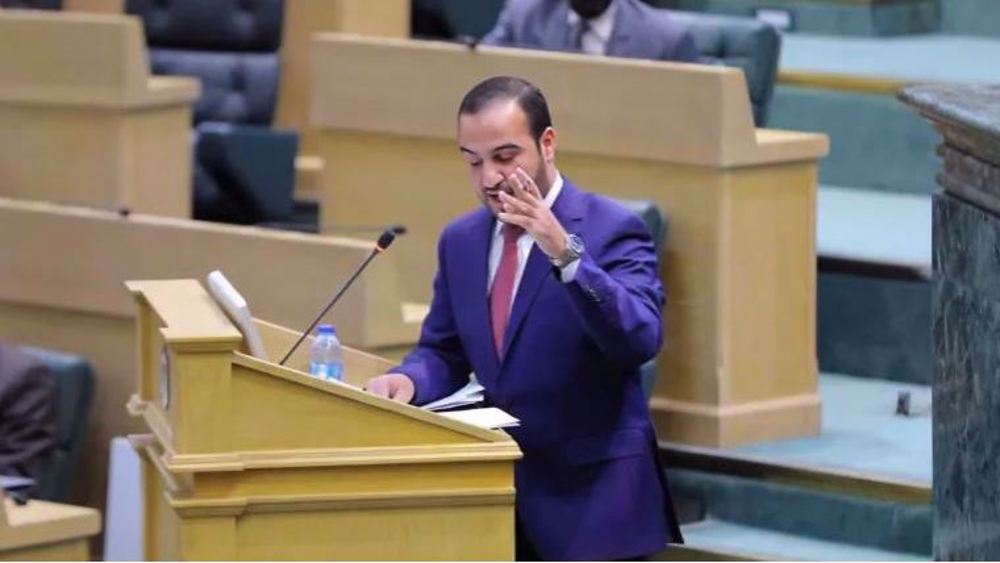Qatar's stance on independent Palestinian state unchanged: Al Thani
Qatari Emir Sheikh Tamim bin Hamad Al Thani has reiterated support for the establishment of an independent and sovereign Palestinian state based on the 1967 borders.
Our position on the justice of the Palestinian issue and the right of the Palestinians to an independent state within the 1967 borders remains unchanged, Al Thani said on Tuesday, Al Jazeera reported.
Israel occupied the West Bank, including East Jerusalem al-Quds, during the Six-Day War in 1967. It later annexed East Jerusalem al-Quds in a move not recognized by the international community.
Palestinian officials say they want the resolution of the conflict with Tel Aviv based on the two-state solution along the pre-1967 boundaries.
However, Israel has been building settlements deep within territory that the Palestinians want for their future state.
Tel Aviv regime officials also say they consider Jerusalem al-Quds as the “capital” of their own “state.
Elsewhere in his remarks, Qatari emir pointed to a land, air and sea blockade, which Saudi Arabia and some of its regional allies imposed on Doha more than two years ago, saying despite the blockade, Qatar's international standing was strengthened and the country was able to overcome challenges facing its development.
Saudi Arabia, the United Arab Emirates (UAE), Bahrain and Egypt severed diplomatic and trade ties with Qatar on June 5, 2017, after the quartet officially accused Doha of meddling in regional affairs and supporting terrorism.
Qatar's Foreign Ministry condemned the decision to cut diplomatic ties as unjustified and based on false claims and assumptions.
On June 9, 2017, Saudi Arabia and its allies issued a 13-point list of demands, including the closure of Al Jazeera television news network and downgrade of relations with Iran, in return for the reconciliation.
Al Thani also said the Persian Gulf state would hold elections for its advisory Shura Council in October 2021, without giving further details.
Qataris have previously been able to cast ballots on constitutional reforms and in elections to a nationwide municipal council.
Elections to the council, required under the country's 2004 constitution, have been postponed repeatedly and the body's members have instead been directly appointed by the emir.
Qatar has undergone cautious reform on issues including democracy, worker rights and representation of women since Sheikh Tamim came to power in 2013.
Israel kills 5 more paramedics in southern Lebanon: Health ministry
Iran to launch ‘new, advanced’ centrifuges in response to IAEA resolution: AEOI
Yemen fires hypersonic missile at Israeli airbase
VIDEO | New Delhi chokes under toxic smog as air quality remains at hazardous levels
VIDEO | Press TV's news headlines
VIDEO | ICC's arrest warrant for Netanyahu to worry Western politicians: Former British diplomat
Iranians protest against Israel after Netanyahu ICC warrant
Germany undecided on complying with ICC arrest warrants for Israeli war criminals













 This makes it easy to access the Press TV website
This makes it easy to access the Press TV website